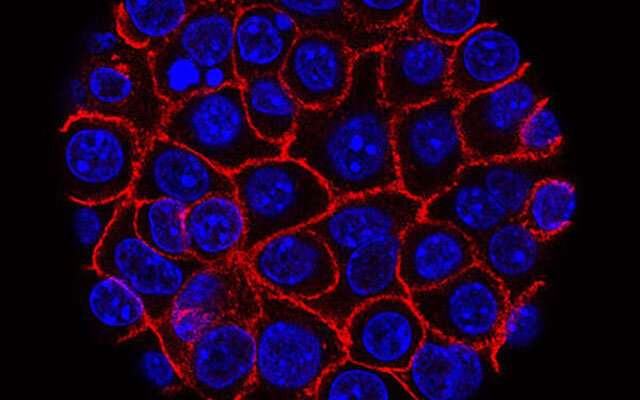New Drug Strategy Targets Genes Behind Aggressive Pancreatic Cancer

A recent breakthrough by researchers at the HonorHealth Research Institute has introduced a promising approach to combating one of the most lethal forms of cancer—pancreatic cancer. The study, unveiled at the American Association for Cancer Research (AACR) annual meeting on April 29, 2025, focuses on a novel drug combination that inhibits critical genes responsible for tumor growth and resistance.
The key agent in this research is RMC-6236, also known as Daraxonrasib, which is identified as a potent inhibitor of RAS genes, including KRAS, NRAS, and HRAS. These genes are commonly mutated in various cancers and play a major role in tumor development. The study specifically targeted pancreatic tumors with KRAS mutations, which are often associated with aggressive disease progression and resistance to treatment.
Current KRAS inhibitors, especially those targeting KRASG12C mutations, have limitations—they are not effective against all mutation types and can inadvertently lead to treatment resistance. To overcome this, scientists tested RMC-6236 in combination with existing pancreatic cancer therapies. The findings suggest that this combination significantly enhances the drug's effectiveness, particularly in overcoming both intrinsic and acquired resistance caused by the tumor's fibrotic microenvironment.
Lead researcher Taylor Bargenquast highlighted that combining RMC-6236 with other therapies could disrupt the tumor's supportive environment and improve patient outcomes. Dr. Sunil Sharma, the director of the Center for Translational Science, added that the drug's efficacy was demonstrated in a three-dimensional pancreatic cancer model derived directly from patient biopsies.
Furthermore, the combination approach showed promising results when used alongside standard chemotherapy and targeted therapies, boosting their anti-tumor activity. This strategy represents a potential breakthrough in pancreatic cancer treatment, which remains a leading cause of cancer-related deaths in the United States, with nearly 52,000 Americans expected to die from the disease this year.
The study involved collaboration with the Translational Genomics Research Institute (TGen), part of City of Hope, which helped evaluate the effectiveness of RMC-6236 in preclinical models. Experts agree that these encouraging results justify further investigation through human clinical trials to assess safety and efficacy fully.
This innovative research offers hope for developing more effective treatment options for pancreatic cancer patients and highlights the importance of targeted combination therapies in overcoming drug resistance.
Stay Updated with Mia's Feed
Get the latest health & wellness insights delivered straight to your inbox.
Related Articles
Emerging Evidence Links Carbon Dioxide to Lung Damage in COPD Patients
New studies reveal that high levels of carbon dioxide may actively contribute to lung tissue remodeling and progression of COPD, highlighting the potential for targeted therapies to mitigate disease advancement.
Impact of NIH Research Funding Cuts on Cancer Patients and Scientific Progress
Federal NIH staff reductions are causing delays in cancer treatments and research, impacting patient outcomes and scientific progress amidst rising cancer rates among young adults.



